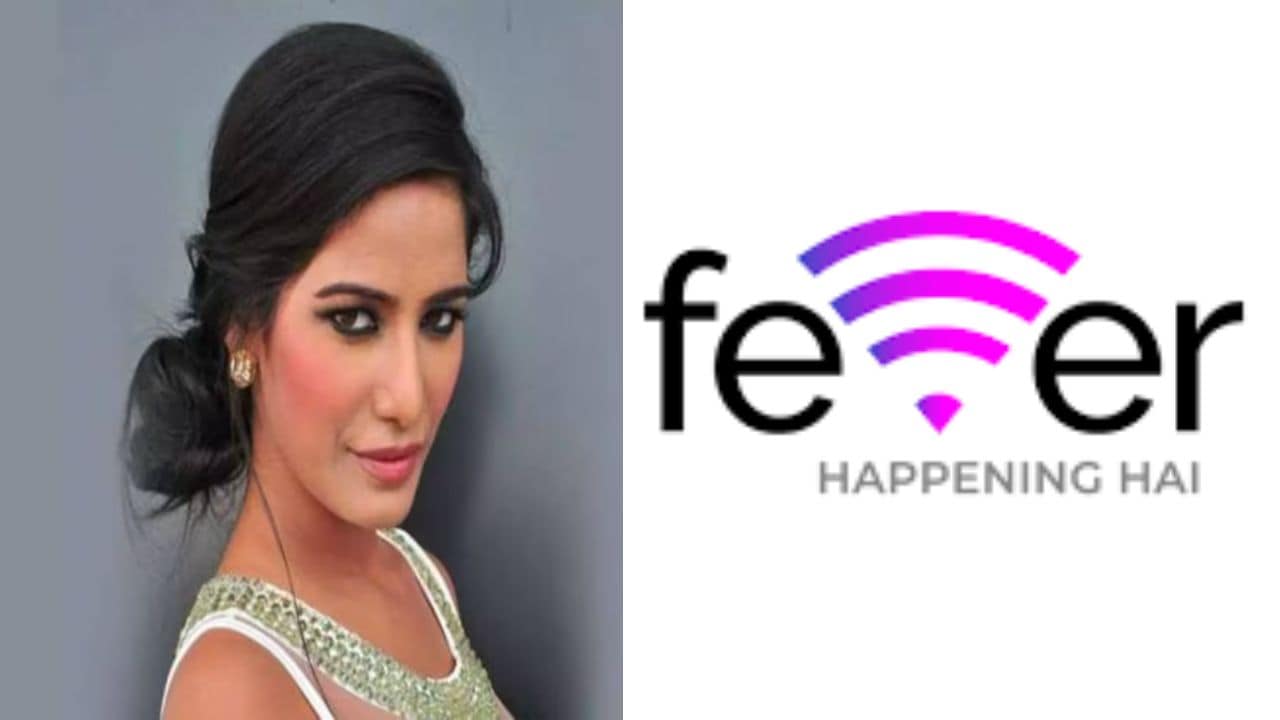On Saturday morning, Poonam Pandey took to social media and put a stop to all the speculations by revealing that she faked her death to bring attention to and raise awareness about cervical cancer. While sharing the video, the controversial actress wrote, “Poonam Pandey is ALIVE and well.”
The internet didn’t take it well, but the advertising and marketing industry had mixed reactions.
Read More:Poonam Pandey faked her death to raise cancer awareness; Internet reacts
Gauri Dakhne, a brand consultant says, “If you want to seek attention, make it count. Here is a minor celebrity who is known to pull the weirdest tricks to attract notoriety for no reason. For once, she has pulled off a stunt to raise awareness for a cause. A good thing, no?”
While talking about drawing a line in advertising, Dakhne says, “For me personally, the line appears when what you says is meant to provoke an action and not inspire it. If a celebrity manages to convince people to get a cervical test done or plant a tree, it stands in good stead. If it incites anger, hate or anything that shifts balance in the already fragile social harmony, then it needs to be responsibly taken down. Be it triggering hate against another country or religion, or encouraging misogyny and ‘animalistic’ behaviour in already patriarchal households, it crosses the line. Compared to that, Pandey’s fake death to raise cancer awareness or an FM station announcing a closure… pretty harmless, I should think. No?”
Just like Pandey faked her demise, Fever FM too followed the same path. Addressing the brand’s “demise”, a senior CMO shared, “A brand is immortal. It’s immortality is fed by its success. There are no instances of a great brand killing a business but there are innumerable examples of a great brand being let down by a failed business. Brand dharma is about keeping the brand alive and vital. Not to declare its demise.”
Communications strategy consultant Karthik Srinivasan shares his views and says, “Poonam Pandey’s ‘death’ comes on the back of several such campaigns – HDFC’s most recent campaign that wanted to highlight the dangers of deepfakes (via Nora Fatehi claiming that she has been deepfaked), Hindustan Times’s FeverFM’s fake ‘farewell’ that made people believe that it was shutting down… which was inspired by Monster’s rebranding campaign (as Foundit) that used the same tactic, Fantasy Akhada’s fake apharan of Harsha Bhogle in March 2022, actor Kajol, Dulquer Salman, and Ranbir Kapoor’s “fake” posts or acts for a brand (for a Hotstar show, iQOO, and OPPO, respectively), among many others. A lot of brands do this around April 1 every year. Big, well-known brands like Google have indulged in such gimmicks, but only around April 1. April Fools Day gives legitimacy to gimmicks. Any other day, there is no legitimacy, only selfishness by brands to fool people just to create hype.
Read More:Fever FM unveils its new logo and tagline
Arun Iyer, founder of Spring Marketing Capital says, “It’s in very poor taste. Disrespectful towards the families who have lost loved ones to the disease. It’s good to feel for and act on a cause; this is not how to do it. Also, we shouldn’t give her too much airtime on media, as that’s probably the intent.”
Srinivasan believes that the central issue in all these campaigns is that they fully intend to fool the public and media into believing something patently untrue. And when they do the “reveal”, they expect the same set of people who were fooled earlier to also see/read the “reveal” and assume that the brand has done something clever by fooling people. Seeking attention by making fools of people and media is where brands should draw the line.
Read More:Deepfaking a deepfake: HDFC’s campaign won in traction but lost in trust
“This is no different from people who call up the airport with a fake bomb threat only to recant later and offer a reason for why they indulged in such a fake threat. The police arrests such people, but brands and agencies somehow think a similar gimmick where people are fooled is perfectly fine. Both involve lying and making the target audience believe it was true. Brands that indulge in such gimmicks should be worried about their reputation. It affects their credibility in very obvious ways,” comments Srinivasan.
He adds, “This is seen as the ‘new, young, daring age of marketing’. But such risk-taking comes at the cost of brand reputation. The problem is that the risk-takers look at short-term attention while brand reputation is a long-term play. The risk-takers could easily earn their KPIs using a short-term gimmick and move away from the brand after an year with a hike, but it is the brand that will suffer ignominy in the long-run.”
Marketing consultant Saurabh Parmar also shared his views. He said, “My problem isn’t with Poonam Pandey faking death; my problem is with the fact that this will keep getting worse and the product/brand will keep getting less critical.From death to crime to rape, just to sell another product or service (what stops someone from selling locks to using false rape stories to push their product).”
Srinivasan points out that a lot of brands do this around April 1 every year. Big, well-known brands like Google have indulged in such gimmicks, but only around April 1. April Fools Day gives legitimacy to gimmicks. Any other day, there is no legitimacy, only selfishness by brands to fool people just to create hype.
Branding guru Harish Bijoor says, “Morbid marketing is here! Brands feign death as do personas! Sad! Does not work.
Just as there is fake news, there is fake marketing now. Another nail in the coffin of marketing as we knew it.”
Read More:Why HT Media ‘shutting down’ Fever FM as a marketing stunt is a bad idea
